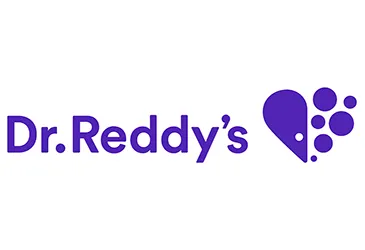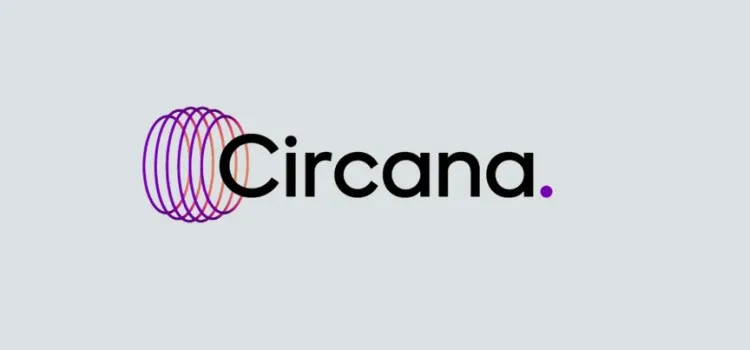Table of Contents
RESEARCH TRIANGLE PARK, N.C. — GlaxoSmithKline has teamed up with Community Care of North Carolina (CCNC) on a new approach to analyzing health information that enables health care providers and payers, with the touch of a button, to analyze patient medication challenges in real time.
GSK said Wednesday that in contrast to health care trends focused on "big data," the pilot project’s "small data" approach will focus on ensuring providers have access to select information — such as a patient’s prescription fill history and hospital admission and discharge data — that’s widely available throughout the health care system and has been found to predict when patients are at risk of a negative health outcome.
The service uses "prescriptive analytics" to analyze the data and determine interventions to foster patient engagement and, in turn, improved patient outcomes.
GSK and CCNC noted that the goal of the project is to assist health professionals in determining — and responding to — medication-related problems that often lead patients to use their medicine incorrectly or to not adhere to the treatment regimen prescribed by their doctor.
"If we want the U.S. health care system to be focused on ensuring quality, lowering health care costs and enhancing the health of both individuals and society, we need to redefine how we deliver care to millions of patients," stated Jack Bailey, senior vice president for policy, payers and vaccines at GlaxoSmithKline. "Patient-centered tools grounded in data-driven analytics will help all of us work together to better manage care for patients and will ultimately result in a healthier and less costly health care system for us all."
The project leverages CCNC’s decades of experience providing analytically based community care to develop guidance for patient engagement and interventions that are accessible in real time by a range of health providers in an array of settings, including key transition points in care, such as when a patient is discharged from the hospital.
GSK will contribute expertise in comprehensive medication management, as well as knowledge of data analytics and IT systems.
"In today’s health care system, we’re hindered by a lack of connectivity and a common picture of patient behaviors. In areas where data are available, we’ve struggled to determine how to most efficiently and effectively analyze it to get us to actionable solutions," commented Allen Dobson, M.D., president and chief executive officer of CCNC, a nonprofit group that specializes in a population management approach to improving health care and reining in its costs. "This often results in a ‘one-size-fits-all approach’ to optimizing medication use and treatment adherence. This new approach provides a road map of sorts, grounded in a better understanding of a patient’s overall medical condition, behaviors and motivations, to help providers treat a large number of at-risk patients in a more highly individualized way."
The service’s capabilities aim to provide logistics support across multiple health care providers in multiple settings of care to better coordinate the delivery of medication optimization services wherever the patient may be, GSK and CCNC noted. The engine is designed to minimize or eliminate integration and interoperability challenges often experienced when implementing today’s health care analytics systems, they added.
CCNC has begun utilizing the approach across its existing network. Additionally, CCNC and GSK have expanded the reach of the pilot to other diverse markets, including an agreement to test the approach as part of a Community Medication Management Collaborative within the hospital, primary care, home health and behavioral health settings in Bloomington, Ind.
Specific tools will be refined during the fourth quarter based on the initial application within the Community Medication Management Collaborative.







